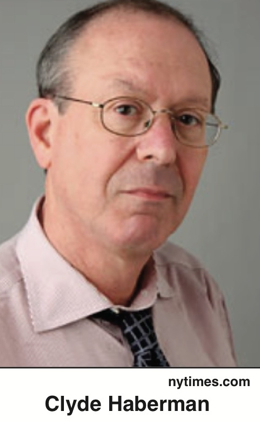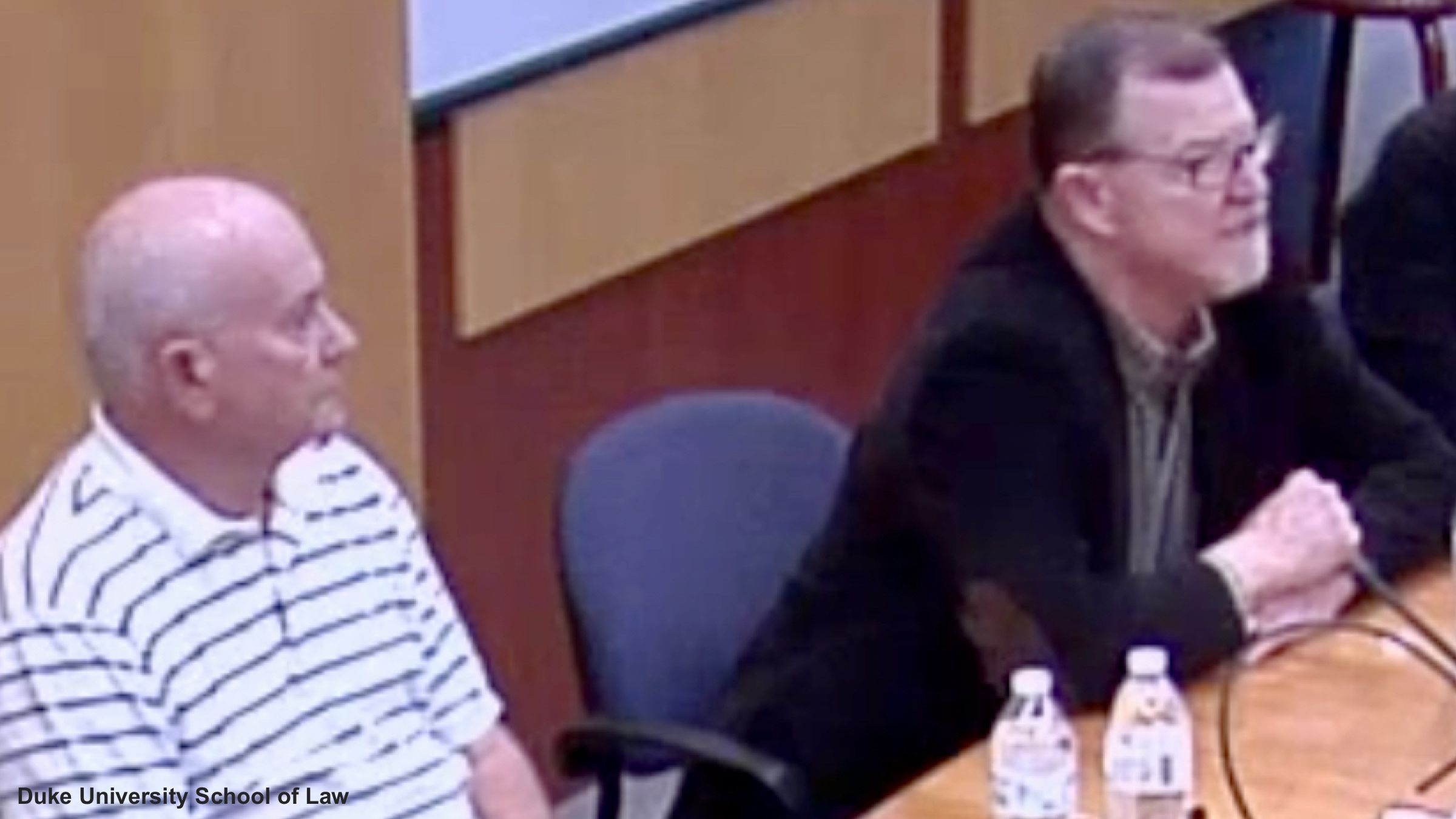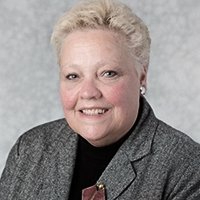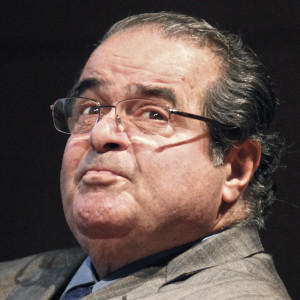Rascals case in brief
In the beginning, in 1989, more than 90 children at the Little Rascals Day Care Center in Edenton, North Carolina, accused a total of 20 adults with 429 instances of sexual abuse over a three-year period. It may have all begun with one parent’s complaint about punishment given her child.
Among the alleged perpetrators: the sheriff and mayor. But prosecutors would charge only Robin Byrum, Darlene Harris, Elizabeth “Betsy” Kelly, Robert “Bob” Kelly, Willard Scott Privott, Shelley Stone and Dawn Wilson – the Edenton 7.
Along with sodomy and beatings, allegations included a baby killed with a handgun, a child being hung upside down from a tree and being set on fire and countless other fantastic incidents involving spaceships, hot air balloons, pirate ships and trained sharks.
By the time prosecutors dropped the last charges in 1997, Little Rascals had become North Carolina’s longest and most costly criminal trial. Prosecutors kept defendants jailed in hopes at least one would turn against their supposed co-conspirators. Remarkably, none did. Another shameful record: Five defendants had to wait longer to face their accusers in court than anyone else in North Carolina history.
Between 1991 and 1997, Ofra Bikel produced three extraordinary episodes on the Little Rascals case for the PBS series “Frontline.” Although “Innocence Lost” did not deter prosecutors, it exposed their tactics and fostered nationwide skepticism and dismay.
With each passing year, the absurdity of the Little Rascals charges has become more obvious. But no admission of error has ever come from prosecutors, police, interviewers or parents. This site is devoted to the issues raised by this case.
On Facebook
Click for earlier Facebook posts archived on this site
Click to go to
Today’s random selection from the Little Rascals Day Care archives….
Click for earlier Facebook posts archived on this site
Click to go to
Today’s random selection from the Little Rascals Day Care archives….
McMartin therapy victim: ‘I lived in fabricated fear’
 Feb. 5, 2015
Feb. 5, 2015
“I was involved in this (McMartin Preschool) case. I remember getting dropped off at court-ordered therapy. I don’t remember the sessions, but I have seen the macabre pictures I drew. I have read the accounts the therapist wrote down for me as I detailed the abuse.
“It is my belief, after years of treatment centers and therapy, that nothing physical happened to me…. Mentally, well, that’s a different story. How about paying attention to the kids that were scarred from this therapy? Do you think that just because there was most likely no physical abuse that we didn’t still suffer? Eating disorders, alcoholism, depression, anxiety….
“I lived in fabricated fear. I have a vivid memory of one teacher telling us that she would come to our house in the middle of the night and shoot our parents if we ever told them what happened. This memory, which I now assume was a dream, was the one thing that kept me questioning for years whether or not this happened. So, while I now believe that the memories were unintentionally implanted, I still lived the nightmare through stories and drawings…”
– From “The Trial That Unleashed Hysteria Over Child Abuse” in the New York Times (March 9, 2014)
Although I linked to Clyde Haberman’s thorough and perceptive piece when it appeared, I’m just now noticing that among the 166 reader comments was this one above from a “therapy…scarred” McMartin child. Unfortunately, it was posted anonymously – so continues the long wait for now-grown child-witnesses (other than Kyle Zirpolo) ready to go public with their recollections.
‘I walked into FREEDOM….’

Bob Kelly, left, and Mark Montgomery at Duke Univerisity School of Law on Feb. 18, 2019.
Sept. 22, 2020
A burst of sunshine in these grim times. A note arrived today from Little Rascals Day Care case exoneree Bob Kelly: “Today, 25 years ago, because of Mark Montgomery’s wonderfully written and argued brief, I walked into FREEDOM…. Thanks to him and people like you who have believed in us!”
Expert on day-care panic adds papers to Duke Law archive

DeYoung
Jan. 11, 2019
The Little Rascals Day Care Case archive at Duke Law School is about to get some impressive company. Mary deYoung, perhaps the most prolific researcher and chronicler of the “satanic ritual abuse” era, has agreed to place her own voluminous papers at Duke.
The author of both “The Day Care Ritual Abuse Moral Panic” (2004) and “The Ritual Abuse Controversy: An Annotated Bibliography” (2002), she is now emerita professor of sociology at Grand Valley State University. I asked Dr. deYoung to describe what she will be sending Duke’s way….
“My papers include 40 binders on American, European and Australasian cases. For many of the cases, I traveled to the site of the moral panic and collected local material that is not generally available by internet searches. I also have a file box of ephemera – symptom lists, descriptions of rituals, etc. – that were widely circulated at the endless training sessions that recruited so many social workers, police officers, medical and legal professionals to the idea that day care providers were engaged in a satanic conspiracy to abuse children. I have a few books, written by apologists, that probably should have been burned long ago, but they are testimony to the mainstreaming of these ridiculous ideas….
“The prospect that lessons can be learned from this dark decade is very satisfying…. While day care centers are no longer the site of the panic, the ridiculous assertions, unfounded complaints and pseudoscience that resulted in so many miscarriages of justice still occur in recovered memory and other types of cases around the Western world.”
![]()
Antonin Scalia no sucker for children’s testimony

AP via msnbc.com
justice Antonin Scalia
Feb. 15, 2016
“(NYU law professor Rachel) Barkow points to Scalia’s (1990) dissent in Maryland v. Craig, where he railed against the court for permitting ‘a child witness to testify via closed circuit television in a sex abuse case,’ instead of requiring the child to testify live in the courtroom where she would be subjected to cross-examination by the defense.
“The Constitution, Scalia wrote, does not authorize judges to ‘conduct a cost-benefit analysis of clear and explicit constitutional guarantees, and then to adjust their meaning to comport with our findings.’ ”
– From “Antonin Scalia’s Other Legacy: He was often a friend of criminal defendants” by Robert Smith at Slate (Feb. 15)
Scalia’s ferocious dissent in Craig in defense of the Sixth Amendment’s “confrontation clause” featured this jugular-seeking missile:
“Because of (the court majority’s) subordination of explicit constitutional text to currently favored public policy, the following scene can be played out in an American courtroom for the first time in two centuries:
“A father whose young daughter has been given over to the exclusive custody of his estranged wife, or a mother whose young son has been taken into custody by the State’s child welfare department, is sentenced to prison for sexual abuse on the basis of testimony by a child the parent has not seen or spoken to for many months, and the guilty verdict is rendered without giving the parent so much as the opportunity to sit in the presence of the child, and to ask, personally or through counsel, ‘It is really not true, is it, that I – your father (or mother) whom you see before you – did these terrible things?’
“Perhaps that is a procedure today’s society desires; perhaps (though I doubt it) it is even a fair procedure; but it is assuredly not a procedure permitted by the Constitution….”
Further on, Scalia cited a 1983 prosecution in Jordan, Minn., that may have been first of the “satanic ritual abuse” wave.
“As children continued to be interviewed,” he wrote, “the list of accused citizens grew….There is no doubt that some sexual abuse took place in Jordan, but there is no reason to believe it was as widespread as charged….”
![]()











0 CommentsComment on Facebook